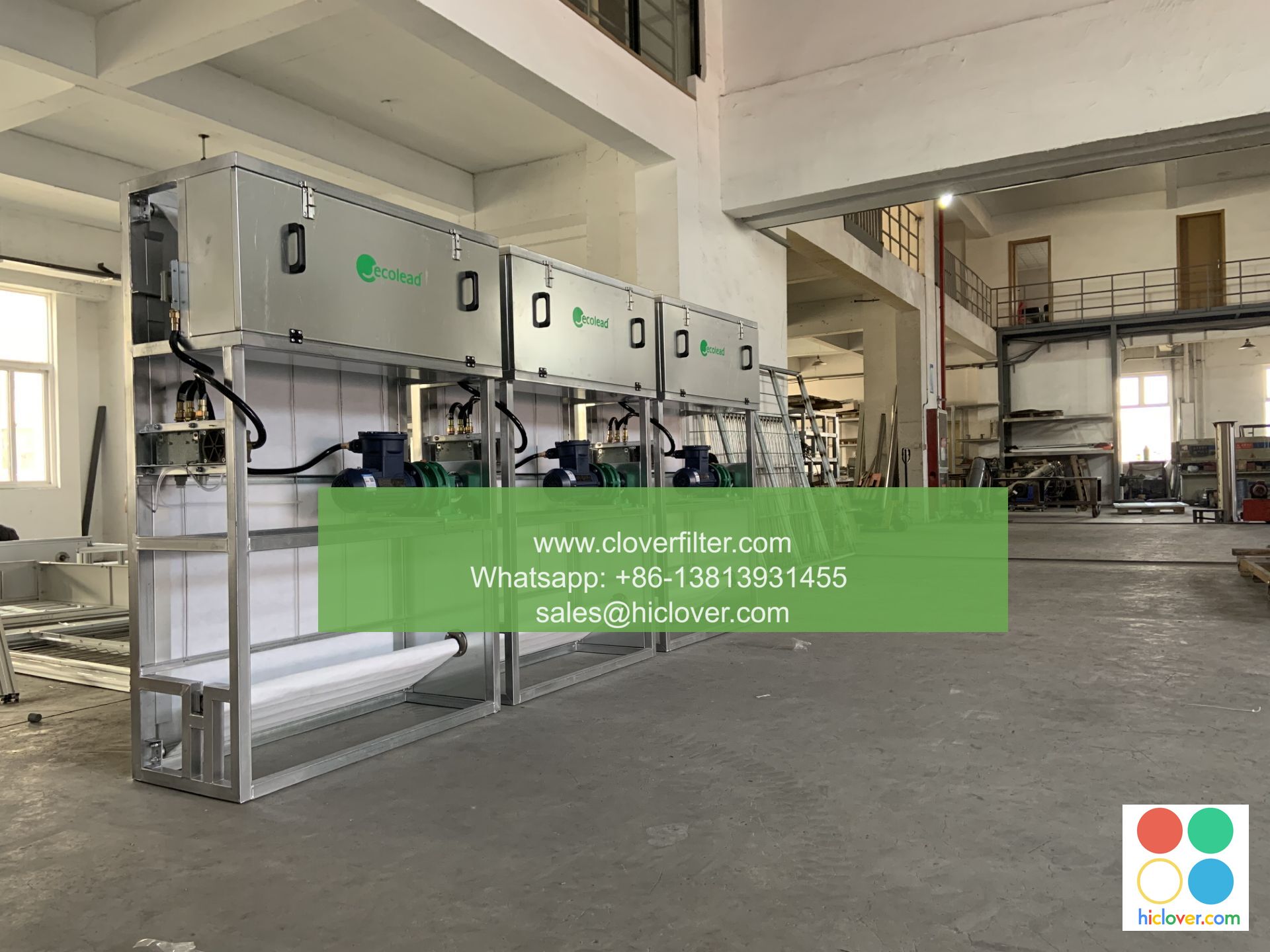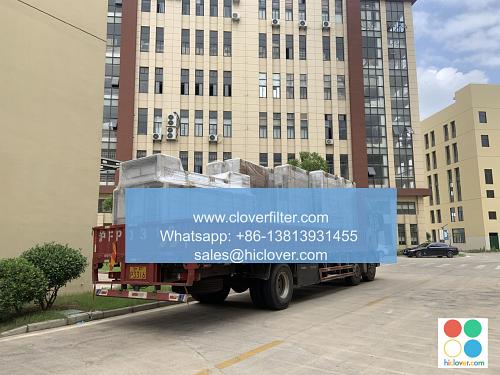The Role of Air Filter Technology in Ensuring Compliance with Regulations

Air filter technology plays a vital role in ensuring compliance with regulations across various industries, including industrial hygiene, environmental protection, and occupational health and safety. The use of advanced air filtration systems is crucial in maintaining high indoor air quality, reducing the risk of airborne contaminants and hazardous pollutants, and preventing respiratory diseases. In this article, we will explore the significance of air filter technology in ensuring compliance with regulations and highlight its applications in different sectors.
Regulatory Framework
Governments and regulatory bodies have established strict guidelines and standards to ensure that industries maintain a safe and healthy working environment. The Occupational Safety and Health Administration (OSHA) and the Environmental Protection Agency (EPA) are two prominent regulatory bodies that oversee the implementation of air quality standards and emission control measures. Compliance with these regulations is essential to avoid penalties and fines, as well as to prevent environmental pollution and health hazards.
Application Areas
Air filter technology has numerous applications across various industries, including:
* Industrial manufacturing: Air filtration systems are used to remove hazardous particles and chemical fumes from the air, ensuring a safe working environment for employees.
* Healthcare: High-efficiency air filters are used in hospitals and healthcare facilities to prevent the spread of airborne infections and communicable diseases.
* Commercial buildings: Air filtration systems are used to maintain high indoor air quality, improving occupant comfort and productivity.
* Transportation: Air filters are used in vehicle cabins to remove airborne pollutants and allergens, improving passenger comfort and health.
Key Technologies
Several key technologies are used in air filter systems to ensure compliance with regulations, including:
* HEPA (High Efficiency Particulate Air) filters: These filters are capable of capturing 99.97% of particles as small as 0.3 microns, making them ideal for use in high-risk environments.
* Activated carbon filters: These filters are used to remove gases and odors from the air, improving indoor air quality and occupant comfort.
* UV (Ultraviolet) light technology: This technology is used to inactivate microorganisms and destroy pollutants, improving air quality and public health.
Benefits and Future Directions
The use of advanced air filter technology offers numerous benefits, including:
* Improved indoor air quality
* Reduced risk of airborne contaminants
* Increased occupant comfort and productivity
* Compliance with regulatory requirements
As air quality regulations continue to evolve, the demand for advanced air filter technology is expected to grow. Emerging technologies, such as

